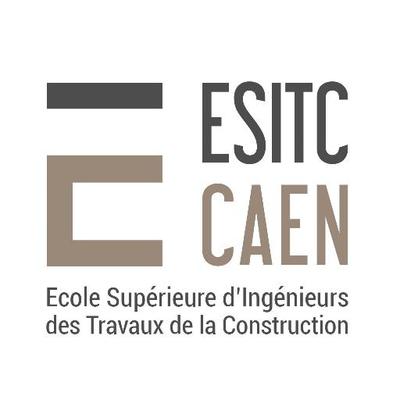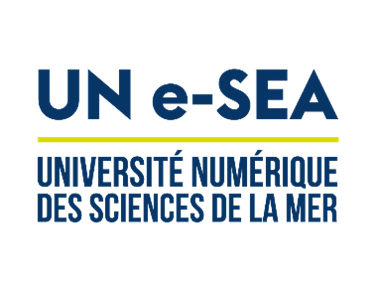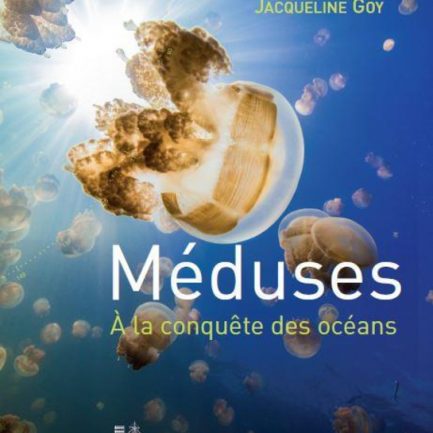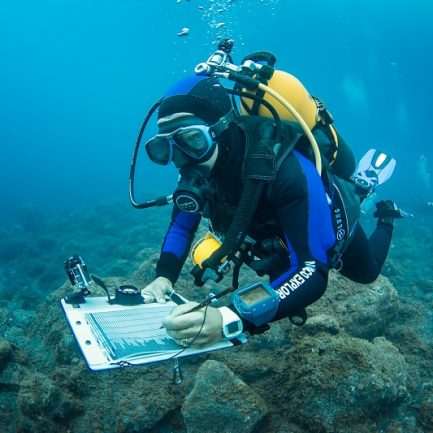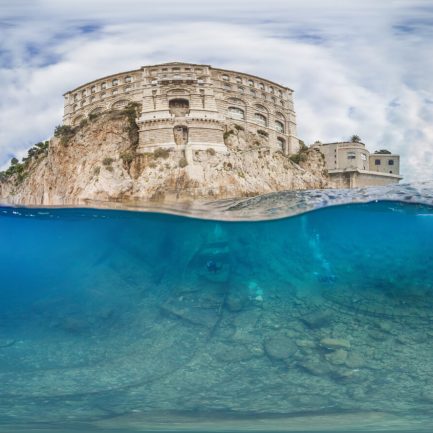Marine technology
- Home
- Marine technology
What technology for marine science?
Exploration, monitoring and exploitation of the marine environment require high-tech instrumentation. From measuring the physical and chemical properties of the oceans to sampling, the equipment is increasingly sophisticated.
New means of investigation are constantly influencing the various sectors of oceanographic research and scientists are moving from observation to modelling, which requires new measurement systems. Marine technologies such as ships, underwater devices and various instruments support scientific disciplines such as geosciences, marine biology and chemistry and physical oceanography.
These technologies are based on the field of engineering sciences as complementary as optics, acoustics, mechanics, electronics, robotics and telecommunication or communication by optical fibres.
In addition to the major French research and development organizations such as Ifremer, CNRS and IRD, there are many high-tech companies working in the development of oceanography such as computer science, instrumentation, etc.
What curriculum?
The classic courses of study to be favoured after the baccalaureate are physics, mechanics, electronics and telecommunications… either in IUT, or in engineering schools, or at the university in the Engineering Sciences field.
These technical courses are not necessarily specific to the marine field, but they have applications in maritime transport, offshore oil, defence, oceanographic research, living resources, coastal engineering, etc. There are opportunities because even if you do not join a company specific to the marine environment, your knowledge can be applied in other fields.
Some specialized engineering schools
Strictly speaking, there is no engineering school specialized in oceanic and marine engineering, except at the University of Toulon, in marine engineering. But many engineering degrees allow you to work in the field of marine sciences, just as many Grandes Ecoles have advanced courses related to the marine environment.
Distance learning in marine technologies
You wish to become a project manager or a project manager in offshore construction, a maritime and river engineering manager, or a supervisor of offshore or coastal construction sites.
UN e-SEA, the digital university for marine sciences, offers you the opportunity to follow the courses of the master’s degree in distance learning Master of Marine Technology, Maritime Public Works course, e-learning maintenance and to be trained in the specificities of construction in a maritime environment (bridge, port and dyke, offshore platform or wind turbine, etc.).
The courses are available online, using a training platform accessible by computer, tablet or phone. Users follow courses, news, documentary resources, virtual classes, carry out exercises, build projects and submit their work.








